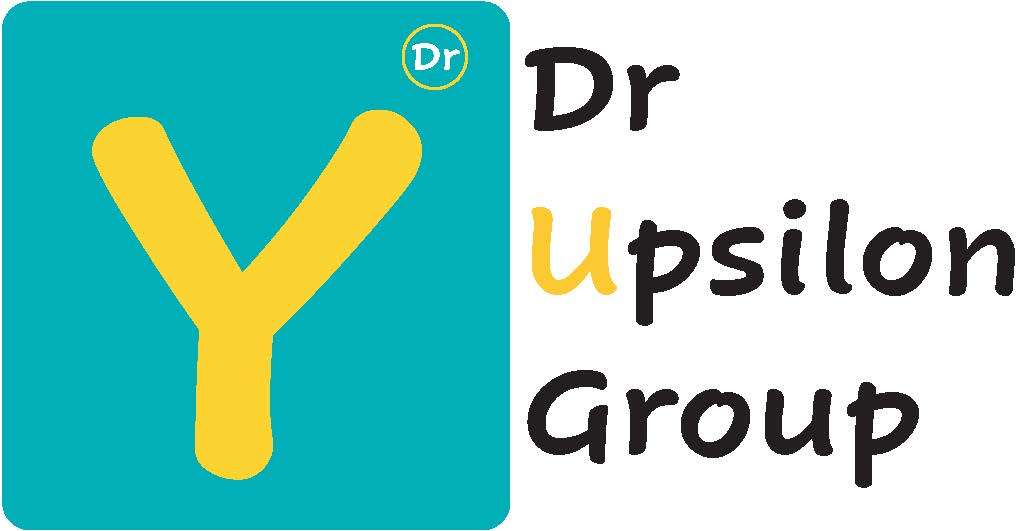In an era where environmental concerns take center stage, the role of environmental consultants has become increasingly vital. These professionals play a crucial role in helping businesses, governments, and organizations navigate complex environmental challenges while fostering sustainable practices. This article explores the multifaceted world of environmental consultants, shedding light on their responsibilities, expertise, and the impact they make towards building a greener and more sustainable future.
The Environmental Consultant's Role:
Environmental consultants are experts who provide advice and solutions to address environmental issues and ensure compliance with regulations. Their work encompasses a broad spectrum of responsibilities, including:
Environmental Assessments: Conducting thorough assessments to evaluate the environmental impact of various activities, such as construction projects, industrial processes, or land development. This involves identifying potential risks and proposing mitigation measures.
Regulatory Compliance: Assisting clients in navigating and adhering to environmental regulations and standards set by local, national, and international authorities. Consultants help businesses align their practices with legal requirements, reducing the risk of regulatory issues.
Site Remediation: Developing and implementing strategies for cleaning up contaminated sites. Environmental consultants assess the extent of pollution, design remediation plans, and monitor the progress of cleanup efforts to restore the environment to a safe and healthy state.
Sustainability Consulting: Guiding organizations towards sustainable practices by assessing their operations and recommending environmentally friendly strategies. This can include energy efficiency measures, waste reduction, and the adoption of eco-friendly technologies.
Risk Management: Identifying and managing environmental risks associated with specific projects or industries. Consultants work to minimize potential liabilities and ensure that businesses are well-prepared to handle unforeseen environmental challenges.
Areas of Expertise:
Air Quality and Emissions: Consultants specializing in air quality monitor emissions from industrial facilities, transportation, and other sources. They assess the impact on air quality and recommend measures to reduce pollutants, contributing to better overall environmental health.
Water Resources and Management: Experts in water resources focus on preserving and managing water quality. This includes assessing water pollution, developing strategies for sustainable water use, and ensuring compliance with water-related regulations.
Ecological and Biodiversity Studies: Environmental consultants specializing in ecology study ecosystems and biodiversity. They assess the impact of human activities on wildlife, plant life, and habitats, providing recommendations for conservation and sustainable land use.
Climate Change Mitigation and Adaptation: With climate change at the forefront of global concerns, consultants in this field develop strategies to mitigate carbon emissions, adapt to changing climate conditions, and enhance overall climate resilience.
Waste Management: Consultants focusing on waste management assess and optimize waste disposal practices. They work towards minimizing waste generation, promoting recycling initiatives, and ensuring compliance with waste management regulations.
Benefits of Environmental Consulting:
Compliance and Risk Mitigation: Environmental consultants help businesses navigate complex regulations, ensuring compliance and minimizing the risk of legal and financial repercussions. This proactive approach is particularly crucial in industries with stringent environmental standards.
Cost Savings Through Efficiency: By identifying and implementing sustainable practices, consultants contribute to operational efficiency. This not only enhances a company's environmental footprint but can also lead to cost savings through reduced energy consumption, waste generation, and resource usage.
Enhanced Reputation and Stakeholder Relations: Embracing environmentally responsible practices enhances an organization's reputation and fosters positive relationships with stakeholders. Consumers, investors, and communities increasingly value businesses that demonstrate a commitment to sustainability.
Innovation and Future-Proofing: Environmental consultants drive innovation by introducing eco-friendly technologies and practices. By staying ahead of regulatory changes and industry trends, they help organizations future-proof their operations against evolving environmental expectations.
The Evolving Landscape:
As environmental concerns continue to grow, the role of environmental consultants is evolving. New challenges, such as emerging contaminants, biodiversity loss, and the impacts of climate change, are shaping the industry. Environmental consultants are at the forefront of addressing these challenges, driving innovation, and influencing policies that contribute to a more sustainable and resilient future.
For More Info:-
environmental engineering consultants
environmental consultants in sydney
construction environmental management plan
construction environmental management australia





Comments